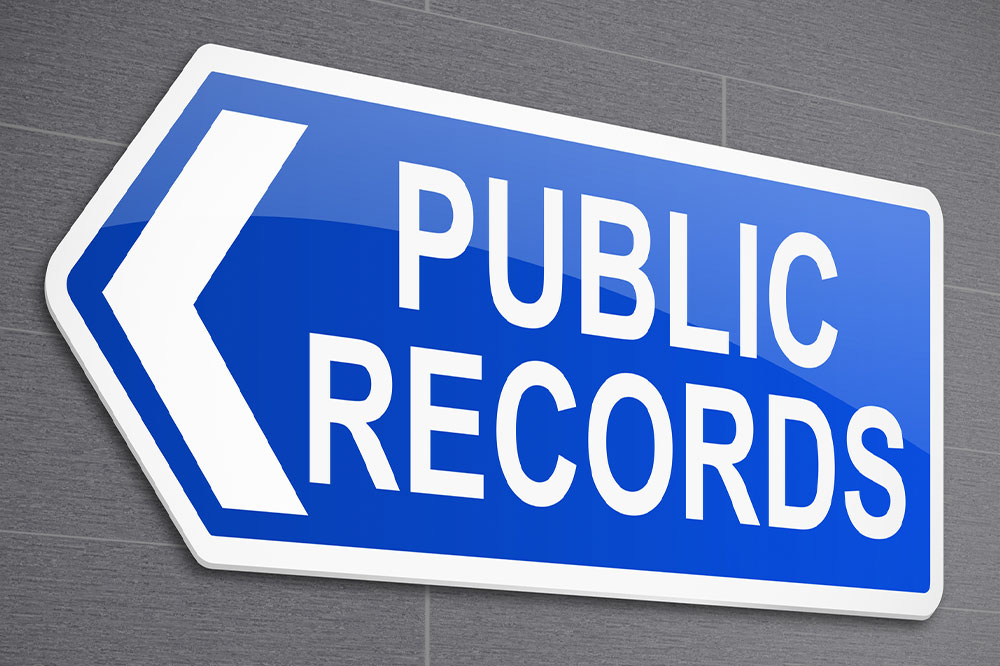Essential Guide to Accessing Public Records and Protecting Your Privacy
Navigate the complexities of public records with this comprehensive guide. Learn how to access vital documents such as court cases, property deeds, and licenses, while also discovering practical steps to safeguard your private information. Understanding your rights and resources ensures transparent access and privacy protection in the digital age.

Essential Guide to Accessing Public Records and Protecting Your Privacy
In today's digital era, information is more accessible than ever through online platforms and government repositories. If you're curious about what personal data is available publicly, it's important to understand how to access these records. This guide explains the types of public records, how to locate them, and methods to safeguard your private information. From property records to court documents, learn how to navigate the system and take steps to limit the exposure of sensitive details about yourself.
What types of records are accessible to the public?
Public records include various documents maintained at federal, state, city, or county levels. Examples are census data, property transactions, and court case records. These are government-held documents that are not confidential and are available for public viewing.
To find public records, you often need to visit official websites or make formal requests through government offices. Since the 1960s, the Freedom of Information Act has helped streamline access to these documents across all states, ensuring a consistent legal framework. Civil court records are accessible via platforms like PACER, which requires registration but provides detailed case information at a minimal cost. Bankruptcy records are also available here.
Many other records, such as licenses, inmate searches, and property deeds, can be accessed online or by contacting local agencies like the County Clerk’s office. Criminal background checks are often paid services but remain accessible with appropriate authorization.
For free public records, websites like PACER are valuable for federal case searches. Immigration records can be explored through national archives or specialized portals like Ellis Island’s passenger databases. State licensing boards provide information on professional licenses. Corporate records are available through secretary of state websites, often for free.
Are court records public? Generally, court records are open to the public, especially for federal cases where detailed records are online. State-level records may vary in the level of detail and accessibility. While federal records are fully accessible, some criminal records could be sealed or restricted, depending on circumstances.
What personal information is available publicly? Details such as criminal records, licensing statuses, and certain personal data like name, birthdate, and address are often accessible. Sensitive data like social security numbers and tax information are excluded from public records.
Can you remove your information from public records? Removing sensitive data involves specific steps, such as monitoring your online presence, updating addresses, and requesting record deletions from local agencies. Establishing a business entity, like an LLC, can also help keep certain property and financial details private.
Note: Our content aims to provide helpful insights across various topics. While useful, it should not replace professional advice. We disclaim responsibility for inaccuracies or updates in public records laws and procedures. Always verify information through official channels.










